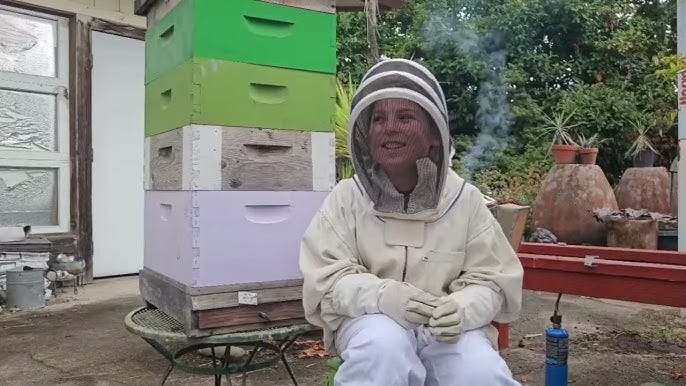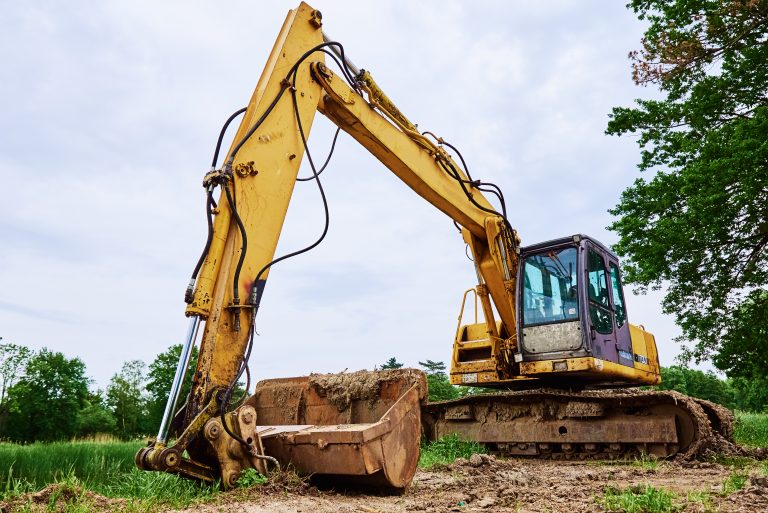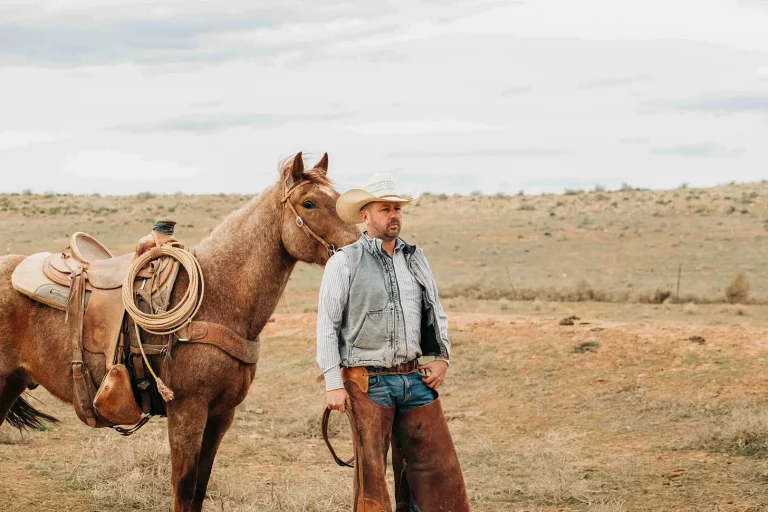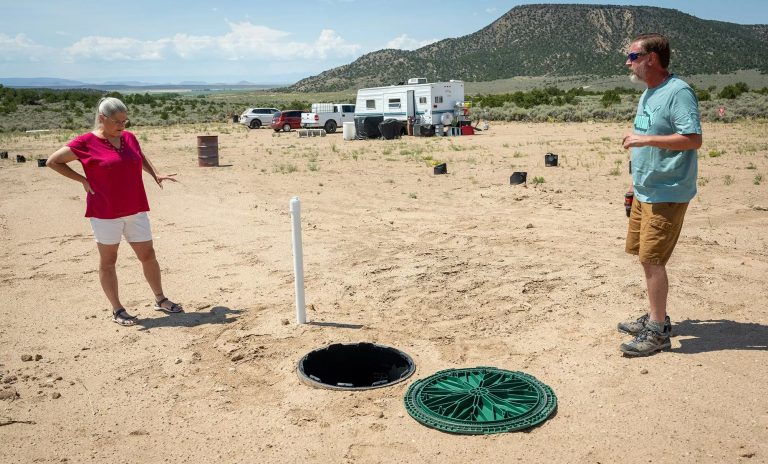Yanasa TV News
A child’s learning project turned into a zoning controversy.
A Complaint That Sparked a “Ban” Narrative
This spring, a Santa Rosa family received a code-enforcement complaint against their 9-year-old son’s backyard hives. Social media erupted with claims that the city had “banned” beekeeping outright. But that wasn’t exactly true.
The complaint, filed April 16, 2025, didn’t cite a blanket ban. Instead, it alleged the family was operating a business—a violation of Santa Rosa’s “home occupation” rules, which list “bee keeping” as a prohibited home business. In reality, what it exposed was not a war on bees, but a vague zoning code being used in a way that looked like a crackdown on a child’s educational hobby.
The family has been clear: their son’s bees are not a business. They’re a hobby, a way to learn responsibility, agriculture, and the rhythms of nature. As his father told the Press Democrat, “The bees aren’t some sort of side hustle… Nicholas is raising the bees as part of his education.” In other words: this is learning, not commerce.

Déjà Vu: Wake Forest, 2024
This isn’t the first time a young beekeeper has been targeted by local rules. In 2024, a 16-year-old in Wake Forest, North Carolina, faced penalties for raising bees at Double B Apiary and Farm. That case sparked outrage, with residents rallying to protect youth involvement in agriculture.
Different state, same story: a young person discovering the natural world, met not with encouragement but with bureaucracy. Santa Rosa risks repeating the same mistake—and looking just as out of touch.
What the Complaint Really Was
The April 16 complaint accused the family of running a beekeeping business from their home. Santa Rosa doesn’t allow anonymous complaints, but the filer’s identity is confidential, so it remains unclear whether the case was sparked by a neighbor, a staffer, or someone else.
What we do know is this: the municipal code lumps “bee keeping” into a list of prohibited home occupations, but the zoning code itself never clearly addresses hobby hives. That gray area is what triggered enforcement—and the public firestorm that followed.
Bees Are Not the Enemy
Let’s be clear: bees aren’t a nuisance; they’re a lifeline.
- Pollination: Bees are responsible for pollinating about one-third of the food we eat, including fruits, vegetables, and nuts.
- Biodiversity: Urban hives support local ecosystems and plant diversity.
- Honey: Beyond being a natural sweetener, honey carries antimicrobial and medicinal properties valued for centuries.
Cities across America encourage backyard beekeeping for exactly these reasons. To treat a child’s hive as a “business violation” while ignoring its ecological and educational value misses the bigger picture.
Is Beekeeping Banned in Santa Rosa?
No. There is no citywide ban. The Sonoma County Beekeepers Association (SCBA) confirms that the city’s permissive zoning framework never explicitly outlawed non-commercial beekeeping. What’s missing is clarity.
Two things are now in motion:
- A formal interpretation from the City Zoning Administrator on whether hobby hives are permissible under current code.
- A text amendment to explicitly allow beekeeping in residential zones.
Until then, hobbyists remain in limbo—subject to case-by-case complaints rather than clear guidance.
Why This Feels Like Overreach
- Scale and intent: This is a child’s science project, not a commercial apiary. Enforcement should match the scale of the issue.
- Public perception: Targeting a 9-year-old looks bureaucratic, not protective. It undermines trust in local government.
- Regulatory proportionality: Cities should intervene when bees create hazards or nuisances. But when it’s a family teaching their child about nature, education—not code citations—is the better tool.
- Bigger picture: Urban hives benefit everyone, pollinating gardens, orchards, and flowers across neighborhoods. Cracking down on them undermines sustainability at the smallest, most community-friendly scale.
The Law: Right to Farm, or Right to Regulate?
California’s Right to Farm Act (Civil Code §3482.5) protects established farms from nuisance lawsuits. But it doesn’t override local zoning. That means Santa Rosa legally can regulate bees.
Still, the problem here isn’t that bees are incompatible with neighborhoods. It’s that Santa Rosa’s zoning language never clearly addressed hobby hives. That’s what the SCBA is working to fix—and what the city should prioritize.
Santa Rosa Needs to Rethink Its Priorities
City officials may argue they’re just following the letter of the law. But the letter of the law is vague, and its enforcement here looks like regulatory overreach.
If we want the next generation to care about pollinators, sustainability, and food systems, we should be encouraging youth beekeepers—not intimidating them with code complaints.
The zoning fix is coming, thanks to pressure from the SCBA. But the damage is already done: a 9-year-old has been made to feel that his passion for bees is a violation of the law. That’s the real sting in this story.
This isn’t about a “ban on bees.” It’s about unclear law and misplaced priorities. By amending its code to explicitly allow backyard hives, Santa Rosa can show that it supports sustainable practices, education, and the next generation of environmental stewards.
If a 9-year-old boy can see the value of caring for bees, surely city officials can too. Every city in America will face this choice: do we want our kids to grow up with their hands on iPads only, or also with their hands in the soil—and around the hives that sustain our food supply?
Santa Rosa just gave us its answer. Let’s hope it rewrites not only the code, but its approach.









